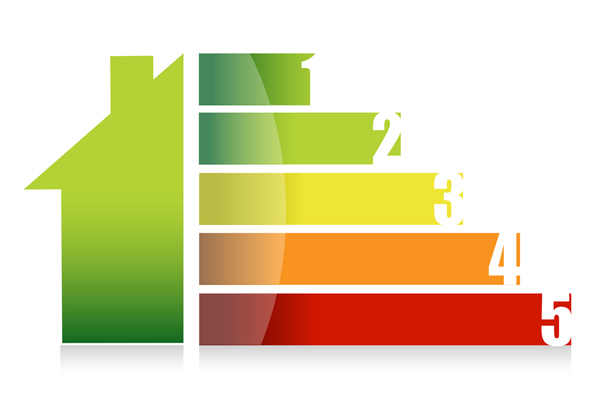
Optimizing Indoor Comfort: The Evolution of Energy-Efficient HVAC Systems
As the demand for sustainable living grows, the spotlight on energy-efficient HVAC systems becomes increasingly significant. This article explores the evolution of these systems, their impact on indoor comfort, and the benefits they bring to both homeowners and businesses.
The Foundation of Efficiency: Understanding Energy-Efficient HVAC Systems
Energy-efficient HVAC systems are designed with a focus on optimizing performance while minimizing energy consumption. The core components, from the heating and cooling units to the ventilation and control systems, work seamlessly together to achieve maximum efficiency. Understanding the principles behind these systems is crucial for those seeking to enhance indoor comfort responsibly.
Smart Technologies: The Brainpower Behind Efficiency Gains
At the heart of energy-efficient HVAC systems are smart technologies that elevate their performance. Advanced sensors, programmable thermostats, and smart controls allow for precise monitoring and adjustment of indoor conditions. These technologies adapt to real-time demands, optimizing energy usage and providing a level of customization that enhances user experience.
Zoning Strategies: Tailoring Comfort to Specific Spaces
One notable feature of energy-efficient HVAC systems is the implementation of zoning strategies. Instead of treating the entire building as a single zone, these systems divide spaces into distinct zones with individualized climate control. This not only maximizes comfort for occupants but also minimizes energy waste by directing heating or cooling where it’s needed most.
High-Efficiency Equipment: Redefining HVAC Performance
The components of energy-efficient HVAC systems are engineered for high efficiency. From variable-speed motors to high-efficiency heat exchangers, these systems leverage cutting-edge technology to deliver superior performance. Investing in high-efficiency equipment not only enhances comfort but also translates into long-term energy savings and reduced environmental impact.
Sustainable Practices: A Green Approach to Comfort
Energy-efficient HVAC systems align with sustainable practices, contributing to a greener and more eco-friendly living or working environment. By reducing energy consumption, these systems help lower carbon footprints, making them a viable choice for those committed to responsible and sustainable living.
Cost Savings: The Economic Advantage of Efficiency
While the initial cost of upgrading to energy-efficient HVAC systems may seem higher, the long-term economic benefits are significant. Lower energy bills, reduced maintenance costs, and potential incentives contribute to a compelling economic advantage. The investment in energy efficiency pays off over time, providing a solid return on investment for homeowners and businesses.
Indoor Air Quality Enhancement: Beyond Temperature Control
Energy-efficient HVAC systems go beyond traditional temperature control; they also prioritize indoor air quality. Advanced filtration systems and ventilation strategies ensure that the air circulated is clean and free from contaminants. This enhancement in indoor air quality contributes to the overall health and well-being of occupants.
Regulatory Compliance: Meeting Environmental Standards
As environmental awareness grows, regulatory standards for HVAC systems become more stringent. Energy-efficient systems are designed to meet or exceed these standards, ensuring compliance with environmental regulations. This not only aligns with responsible practices but also positions properties for future regulatory requirements.
Energy-Efficient HVAC Systems: Nurturing Comfort and Sustainability
For those seeking to embrace the benefits of energy-efficient HVAC systems, Energy-Efficient HVAC Systems provides a gateway to comfort and sustainability. From smart technologies to high-efficiency equipment, these systems redefine indoor comfort while contributing to a more energy-conscious and environmentally friendly lifestyle.
Conclusion: A Paradigm Shift in Indoor Comfort
In conclusion, the evolution of energy-efficient HVAC systems represents a paradigm shift in how we approach indoor comfort. Beyond the conventional focus on temperature control, these systems integrate smart technologies, zoning strategies, and sustainable practices. The result is not only enhanced comfort but also a significant step toward a more energy-efficient and environmentally conscious future.




